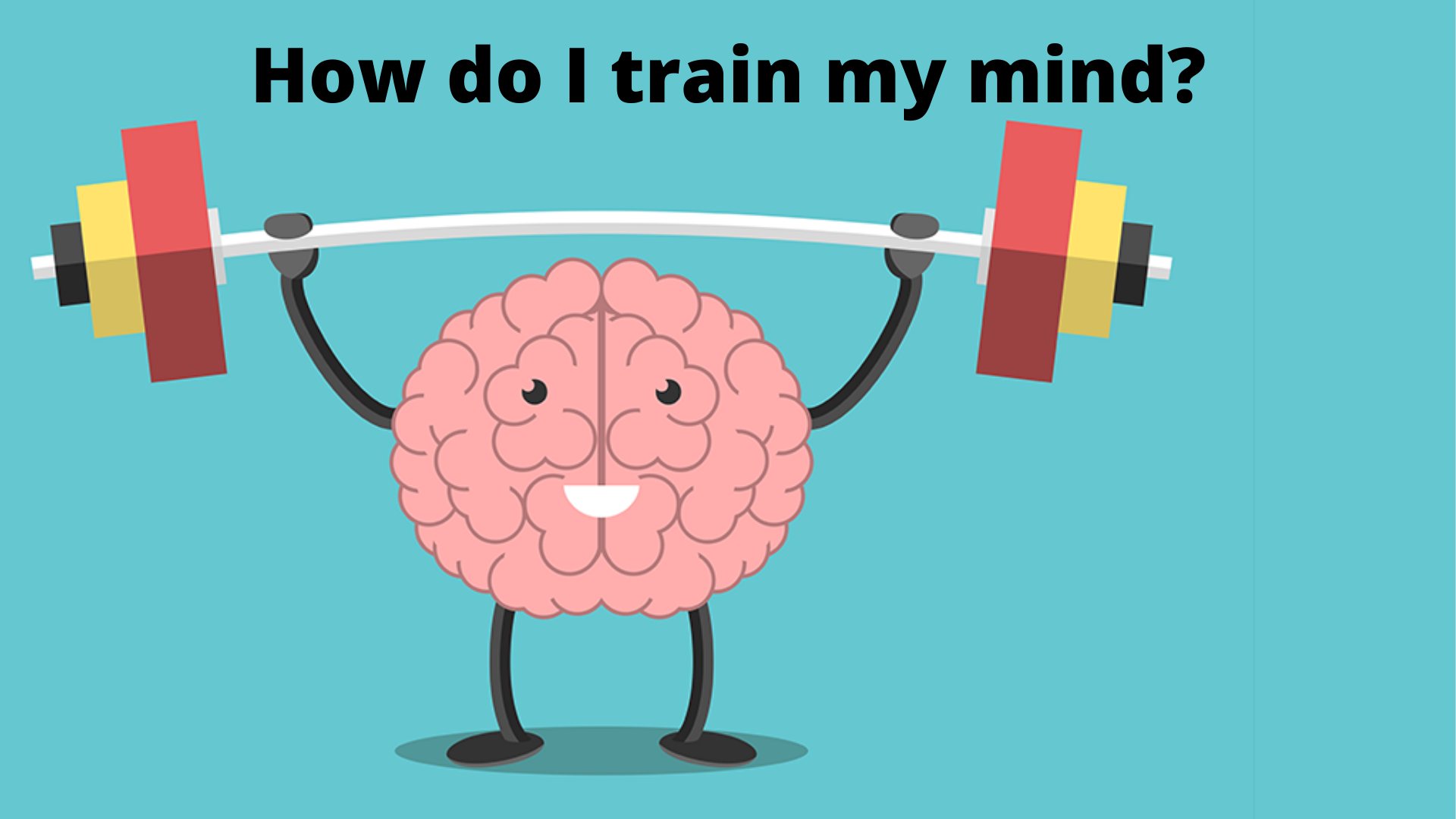Perhaps Mental Health needs a rebrand? although crucial and something we all have, as a term it seems jaded.
Over the last years when asked to define mental health, I have noticed workshop participants often associate its meaning with being unwell, struggling and not thriving. Words and language are important, they have their history and context and change over time. So, could we replace it with something else, like fitness?
My working definition of Mental Fitness is psychological strength,flexibility & recovery.
Now I do not know about you, but I never learned how to think in school or university or got to know my mind in a helpful way. I studied to pass exams and learned by remembering information, I knew more about math’s than I did my own mind, or what made we tick, or why I thought the way I did.
My mind was a stranger and something I tried to suppress, ignore, and numb. Growing up I did not understand why I compared and judged myself and others harshly. My mind was like an interfering gossip which fuelled my own sense of doubt, lack of focus and criticism.
One of my mentors Michael Gervais said as humans we can train three things in life, our body, our craft, and our mind. However, breaking that down into practical steps has only become clearer in the last decade through advances in Neuroscience and research from Mindfulness and Acceptance-based training, despite the stoics writing about this centuries ago.
“You have power of your Mind, not outside events, realise this and you will find strength” Marcus Aurelius
To be holistic Mental Fitness needs to include both the mind and brain, particularly our Executive function system (within the frontal lobe), these are the brain skills of getting things done. All our brains are wired differently, and there is diversity in the thresholds & preferences for how people best process and retain information, emotionally regulate, solve problems and are able to do the things they need to do efficently and effectively.
Modern work places a lot of load on the Executive Functioning system yet in my experience very few managers even know of its existence and the role it plays in our daily life. Its symptoms can include under achieving, things taking longer than estimated and poor lifestyle balance. We will come back to Executive Functioning in later blogs.
Neuroplasticity research has highlighted that our brains are not fixed but continue to be shaped by our experiences, what we do and how we do it, and how we interpret these events. The mind fires, and the brain wires. Research now supports that wellbeing is a skill and what and how we practice and repeatedly do, grows stronger as it is activated within the brain.
In 1890 American Psychologist William James gave some helpful suggestions in terms of where to start and what to practice for our minds “the faculty of voluntarily bringing back a wandering attention over and over again is the very route of judgement, character and will. An education that will improve this faculty would be the education par excellence”.
Think about training your mind like sets & reps in the gym. A rep lasts 16 seconds. A set is 10 reps. The below exercises are for attention & re connecting to the present moment and physical world.
• Feel your feet in contact with the ground. See if you can keep your attention just on your feet.
• Notice your breath using your physical sense (feel it in the tummy, chest or nostrils/mouth) or hearing sense (listen to its sounds).
• Notice and describe any sensations from your belly button to your throat.
William James felt the skill of bringing our attention back to the present moment was the indispensable skill that enabled people to take control of their lives and achieve their potential. A hundred years later research from Mindfulness and neuroscience support his theory.
Training our attention to flexibly return to the present moment is like press ups for our mind, it gets stronger, and we can build a base to self-regulate and focus our power in the present, whether in the classroom, football pitch or board room.
However, to be a meaningful term Mental Fitness needs more than just enduring hardship, grit or suppressing distress, fitness can be about being flexible, asking for help, feeling your feelings, being kind and finding a way to remain open in difficult moments.
In a world that is changing and uncertain, the key to thriving will be using these mental muscles like attention. We will be covering the other muscles in future articles.

